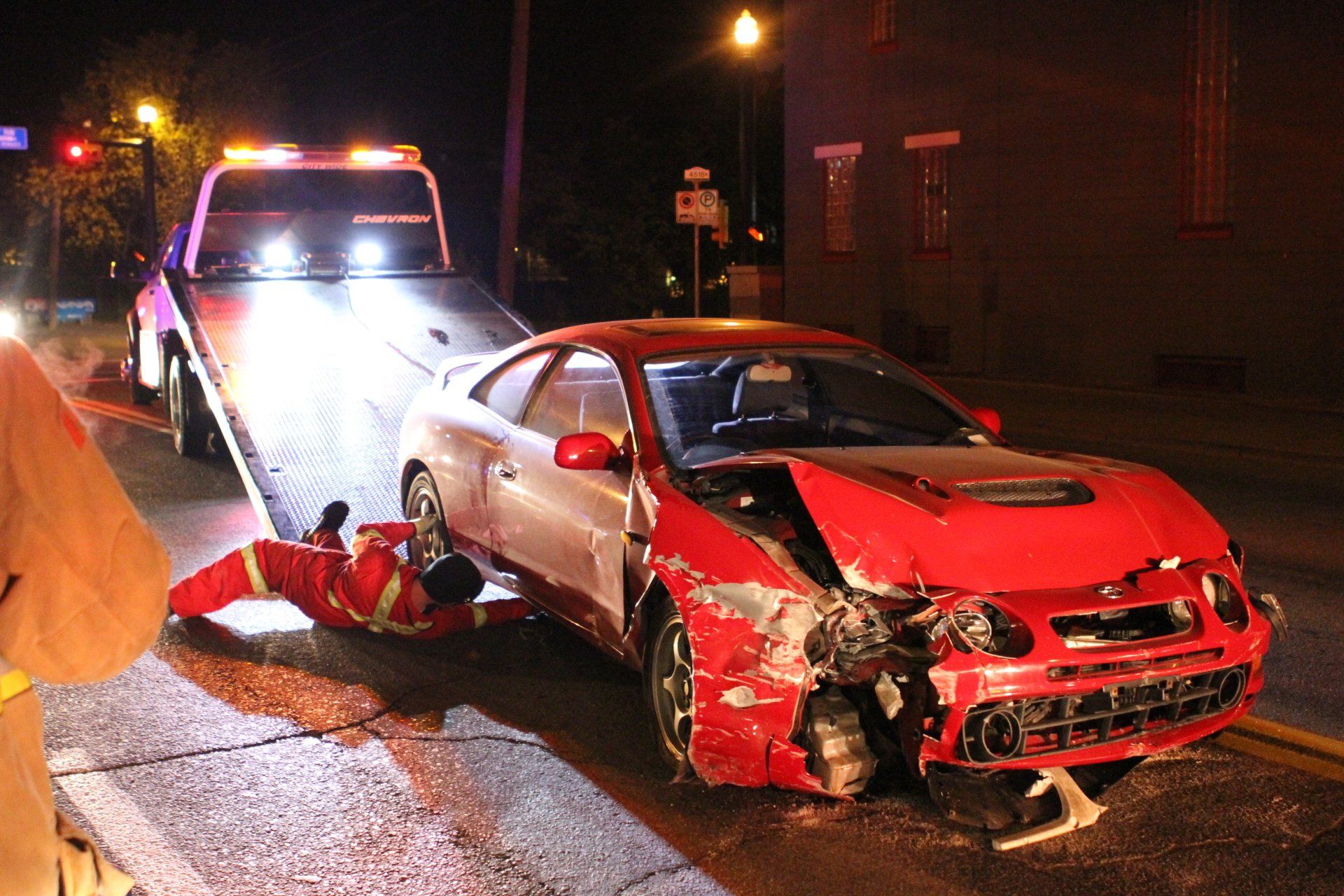Need bail? We're available 24/7 in Litchfield and Torrington. Call (860)-618-6244 for affordable bail options.
DUI Bail Bonds
Get Help With DUI Bail Bonds Today
Litchfield, CT Expert Bail Bond Services
In Connecticut, any driver with a BAC of 0.8 or above is considered illegally intoxicated. This offense is a misdemeanor if it is an individual’s first offense, and can be a felony if it is the accused’s second DUI offense in the last 10 years.
How Is a DUI Bail Bond Determined?
A bail bond is never determined by one singular factor. There can be one controlling factor that either increases or decreases the bail by a large amount, but there are typically multiple factors that can play into the final decision. For example, if the DUI suspect is under the age of 18, their bail will typically be lower than that of an individual who is 18 or older. Below outlines other stipulations that can help explain why the bond is higher or lower in different cases:
Past experience. If the defendant already has a criminal history, the bail will be set lower. This is especially true if the accused has had DUI charges in the past ten years, and it is an offense that seems to continuously occur.
The bail schedule. This is a predetermined schedule that outlines certain common crimes and their typical bail amount. A judge may increase or decrease that bail from this amount during trial.
The incident itself. What occurred during the incident? If there was any type of damage or anyone was hurt, the bail will be higher. This includes examples like if a drunk driver runs into a pole in the middle of town, or if the driver hits another driver, increasing the chances of that other person to be injured or even dead.
How To Post Bail
No matter what type of bail bond you need to help get your loved one out of jail, the process is the same. The typical bail process when you involve a professional bail bondsman is as follows:
Call a professional. The first step in this process is to call a professional for help. They'll be able to start the process quickly, and answer any questions you may have.
Fill out the important forms. There are a variety of forms that must be filled out before the accused can be released. This includes the defendant authorization form, which essentially says that you are allowing our bail bonds company to execute a bond for you; a payment agreement contract, which outlines who is paying and their payment information, how much the down payment is, and other general payment information like that; a credit card authorization contract, which contains all credit card information from whoever is paying for the bail. Sometimes, a co-signer agreement form is also necessary, which holds the co-signer responsible if the accused does not show up for court.
The accused is released. Once bail is paid for and taken care of, the suspect will be free until trial!
Call Us Anytime for Your Bail Bond Needs
A professional bail bondsman knows the entire bail bond process, inside and out. At Freedom Bail Bonding, we have been working in this industry for over 30 years. If your loved one needs help posting bail, contact our office at 860-618-6244. We will help you get your loved one home!
For more information about DUI bail bonds or to schedule a free consultation, call us at 860-618-6244 or visit our contact page.
Contact Us
for a Free Consultation!
For more information or to schedule a free consultation, call us at 860-618-6244 or fill out the form below.
Contact Us
We will get back to you as soon as possible.
Please try again later.
Our Services
Contact Us Today!
For more information or to schedule service, call us at 860-618-6244 or fill out the form below.
Contact Us
We will get back to you as soon as possible.
Please try again later.
Our Services
Quick Links
The information on this website is for general information purposes only. Nothing on this site should be taken as legal advice for any individual case or situation. This information is not intended to create, and receipt or viewing does not constitute, a bail bondsman and client relationship. Freedom Bail Bondingis licensed & insured for the job. Call 860-618-6244.
All Rights Reserved | Freedom Bail Bonding







